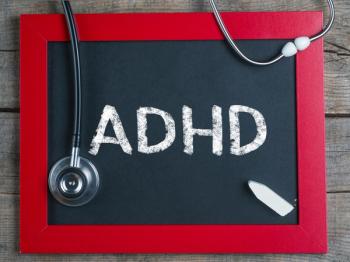
A new combination of subjective and objective measures might finally provide a reliable answer.

A new combination of subjective and objective measures might finally provide a reliable answer.

This new medication is a huge leap forward for treating attention-deficit/hyperactivity disorder.

Kids will find the screens. Health care providers should join them in order to supply the most helpful digital treatments.

There is evidence for overlapping risk factors and symptomatology between ADHD and psychotic disorders. New research investigates the association between ADHD during childhood and the subsequent risk of developing a psychotic disorder.

Activation of the maternal immune system during pregnancy is associated with increased risk of neurodevelopmental disorders in children. A recent review and meta-analysis examine the link in ADHD.

New research brings us closer to linking diagnostically predictive connectivity patterns in patients with ADHD.
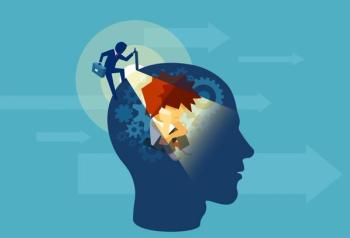
A collection of validated statements addresses overarching topics ranging from nutrition, neuropsychiatry, and nonpharmacologic treatments.

This once-daily sprinkleable capsule may help patients aged 6 to 17 years with attention-deficit/hyperactivity disorder.

Are current systems of mental health care alienating children and adults from the meaning inherent in their own emotional difficulties?
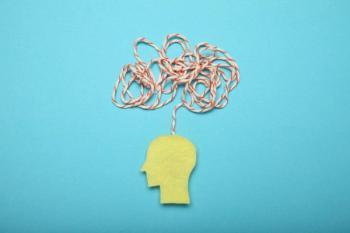
Before starting to prescribe stimulants to every adult who cannot concentrate, it is important to take a closer look at the research.

A new study provides guidance for clinicians discussing the risks of ADHD medications with their pregnant patients.
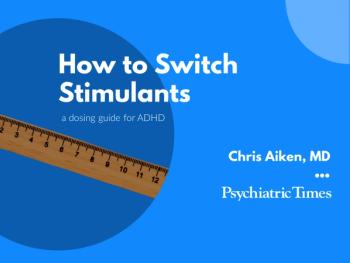
Getting the dose just right can be tough...

The FDA has approved the New Drug Application for a once-daily ADHD treatment.

What observations are being noted in the field with new agents for the treatment of ADHD?

Research on the prevalence of ADHD in Black individuals in the United States highlights the need for future research in this underrepresented group.

Although clinicians and patients may wish otherwise, the comorbidity of ADHD and bipolar disorder needs to be considered.
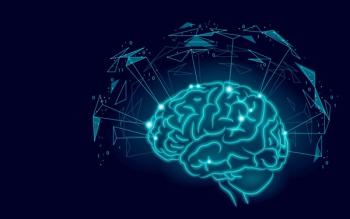
A recent finding that ADHD can begin in adulthood has surprised researchers. Here are reasons why it may be wrong.

Although normally associated with children, attention-deficit/hyperactivity disorder can also persist in adulthood, presenting challenges to both patients and clinicians.

A potential treatment for attention-deficit/hyperactivity disorder goes back to the drawing board.

Antipsychotic medications for young children are not being prescribed appropriately, according to a recent study.
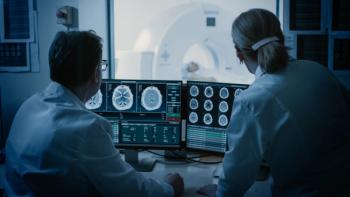
Akili announces new data on treatment EndeavorRx that reports real-world improvement for children with ADHD.

Younger patients are facing unique psychological challenges during this pandemic.

Andrew Cutler, MD, shares insights on the results of a Phase III trial that shows great promise in the treatment of ADHD.
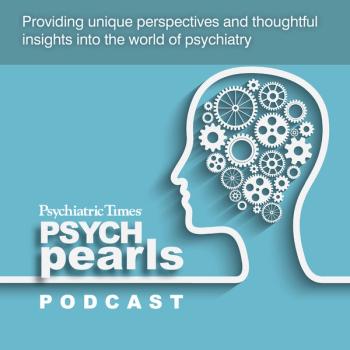
In this podcast, we speak with a psychiatrist about topics ranging from what prompted her to pursue a career in child psychiatry to treatment strategies and common conditions comorbid with ADHD.

Do you know the indications for an EEG in a child with ADHD? Or which psychotherapy approaches for ADHD demonstrate evidence-based effectiveness? Answer these questions and more.